Equity in education

Journalist Nic Paton talks to professor Lee Elliot Major, the country’s first professor of social mobility, about his new book, making the case for school leaders to adopt a new equity-based approach within their schools.

PROFESSOR LEE ELLIOT MAJOR,
UNIVERSITY OF EXETER
“School leaders, we know, are all up against it, and one thing they’re having to deal with day in, day out is the fact that inequalities have increased hugely.”
So says Exeter University’s professor Lee Elliot Major, the country’s first professor of social mobility and arguably one of the UK’s foremost experts on the societal impact of disadvantage, particularly its corrosive impact on learning and education.
Leadership Focus sat down with Lee in May to discuss his new book, ‘Equity in education’, written with teacher Emily Briant. To give it its full title, ‘Equity in education: levelling the playing field of learning – a practical guide for teachers’ makes the case for school leaders to adopt a new ‘equity-based’ approach within their schools.
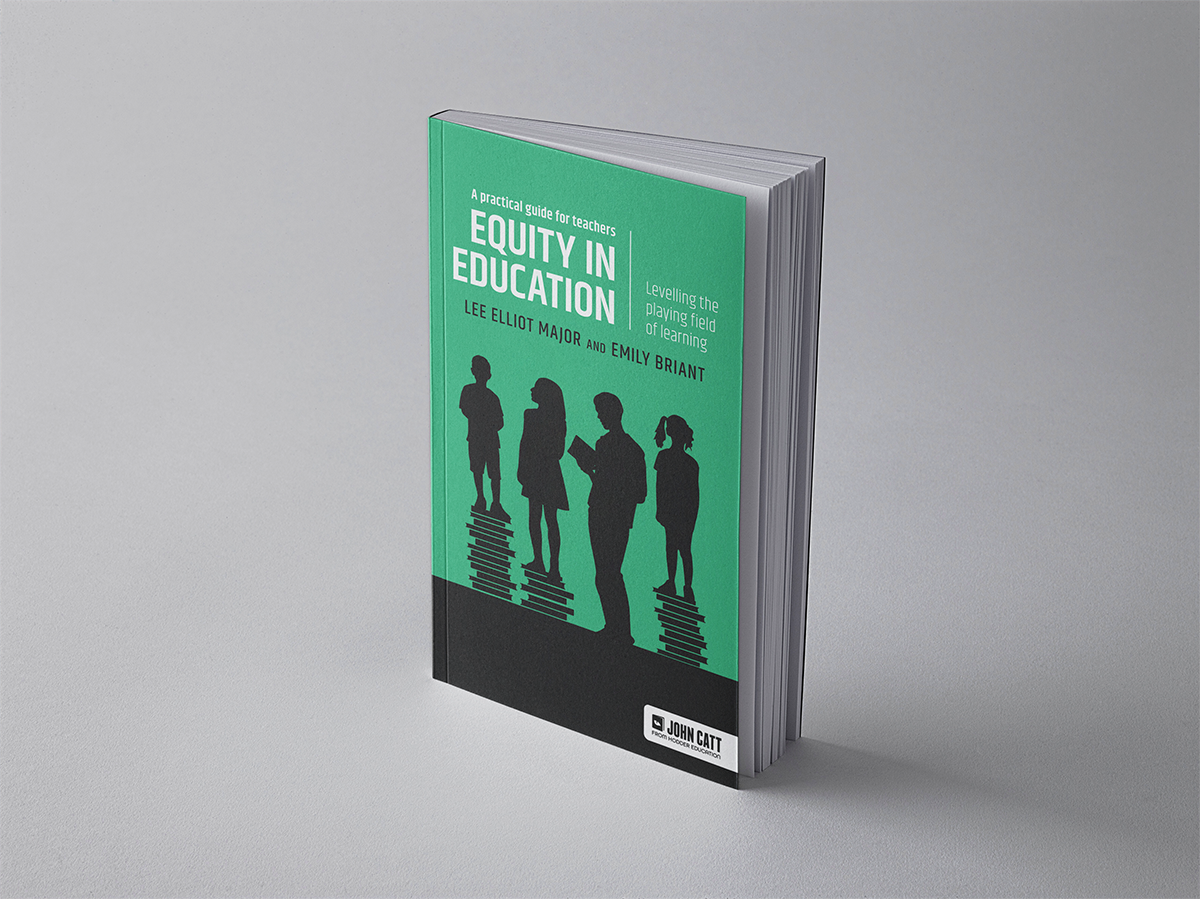
Embracing this mindset, Lee and Emily argue, can help teachers improve the prospects of under-resourced and working-class pupils (and we’ll return to the term ‘under-resourced’ and the importance of language in this context shortly).
It can also help teams at all levels address cultural biases and barriers within the classroom (both their own and those of others) and work to remove some of the societal and other barriers to learning experienced by children outside of school.

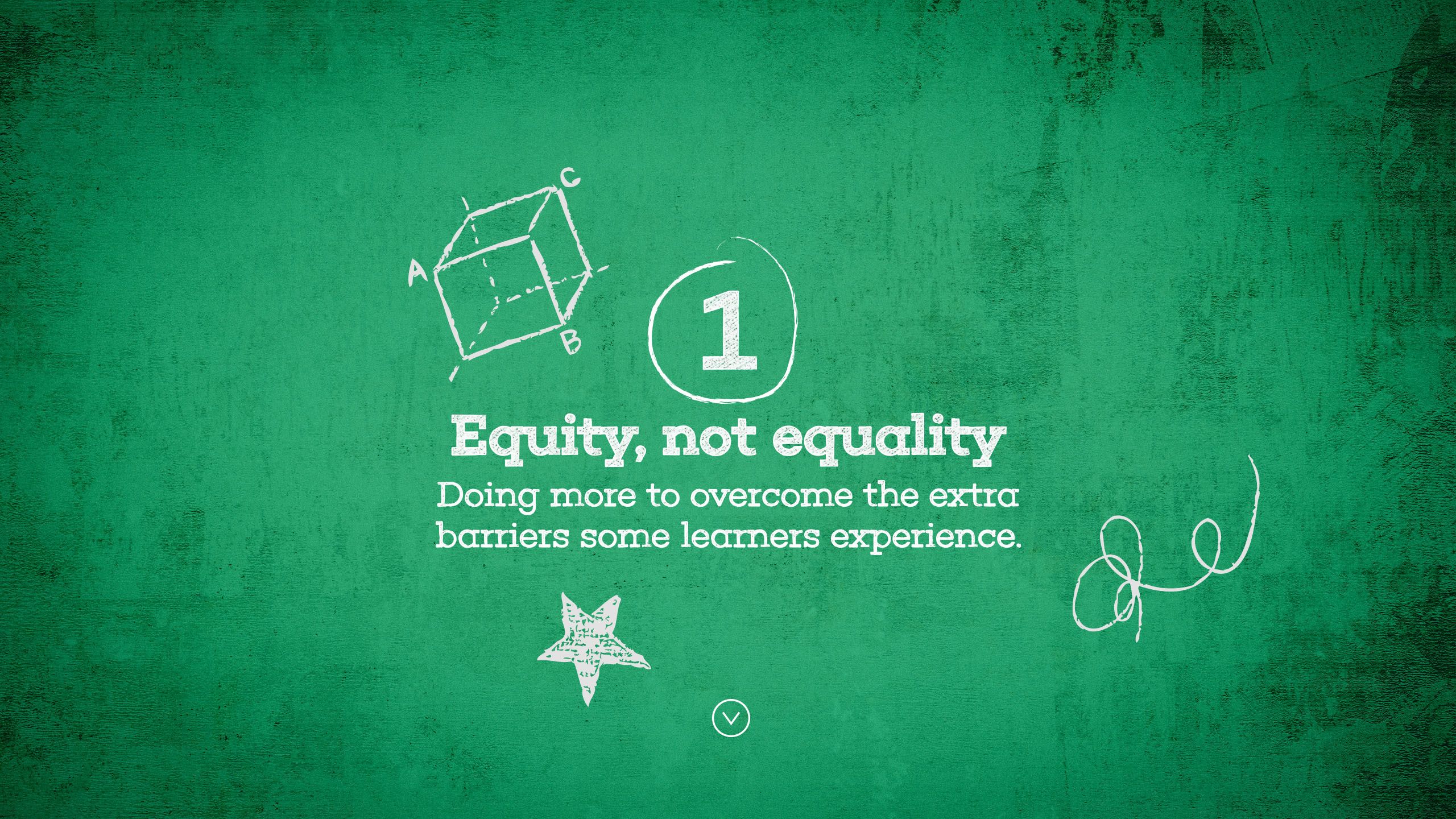
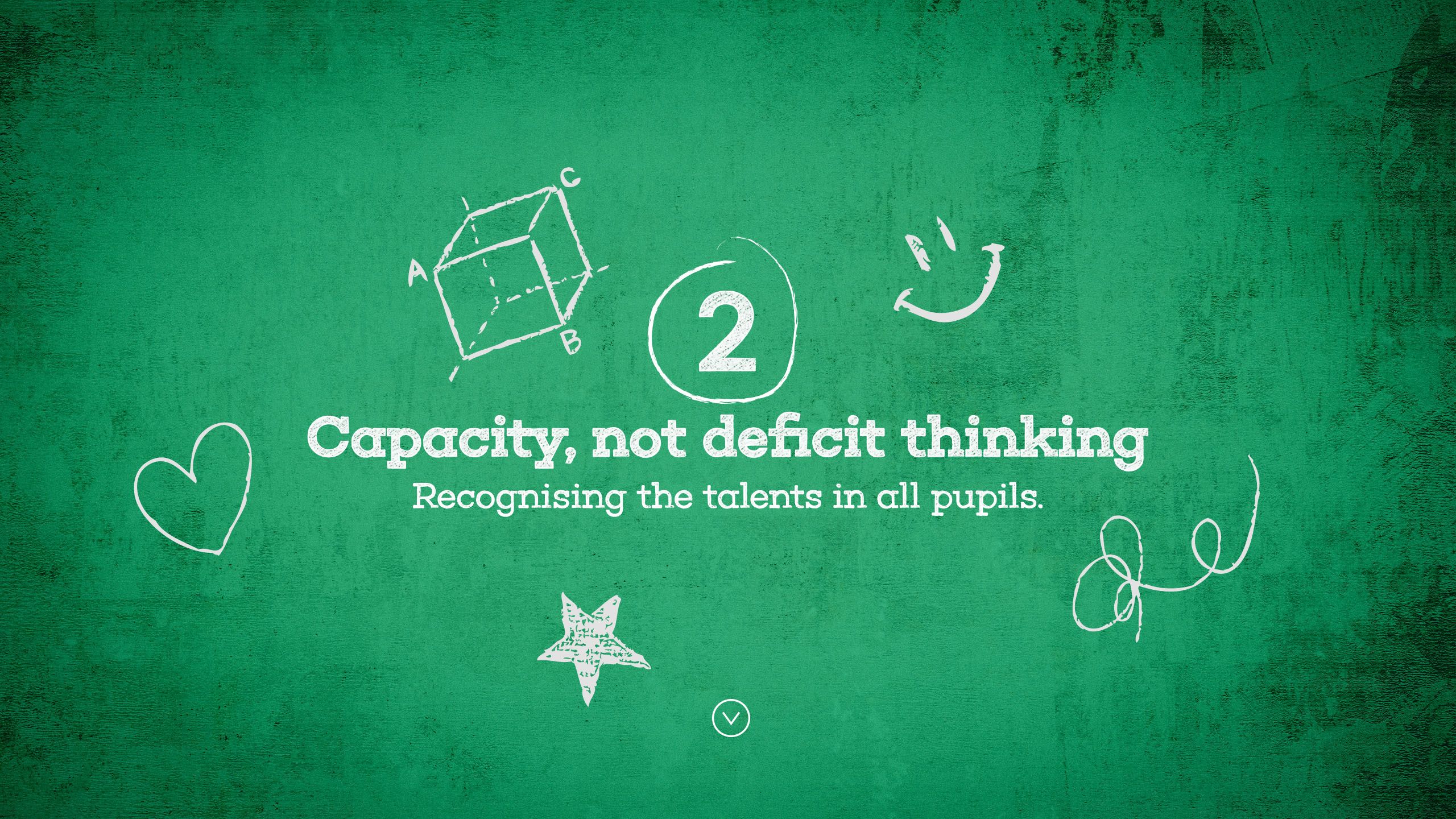
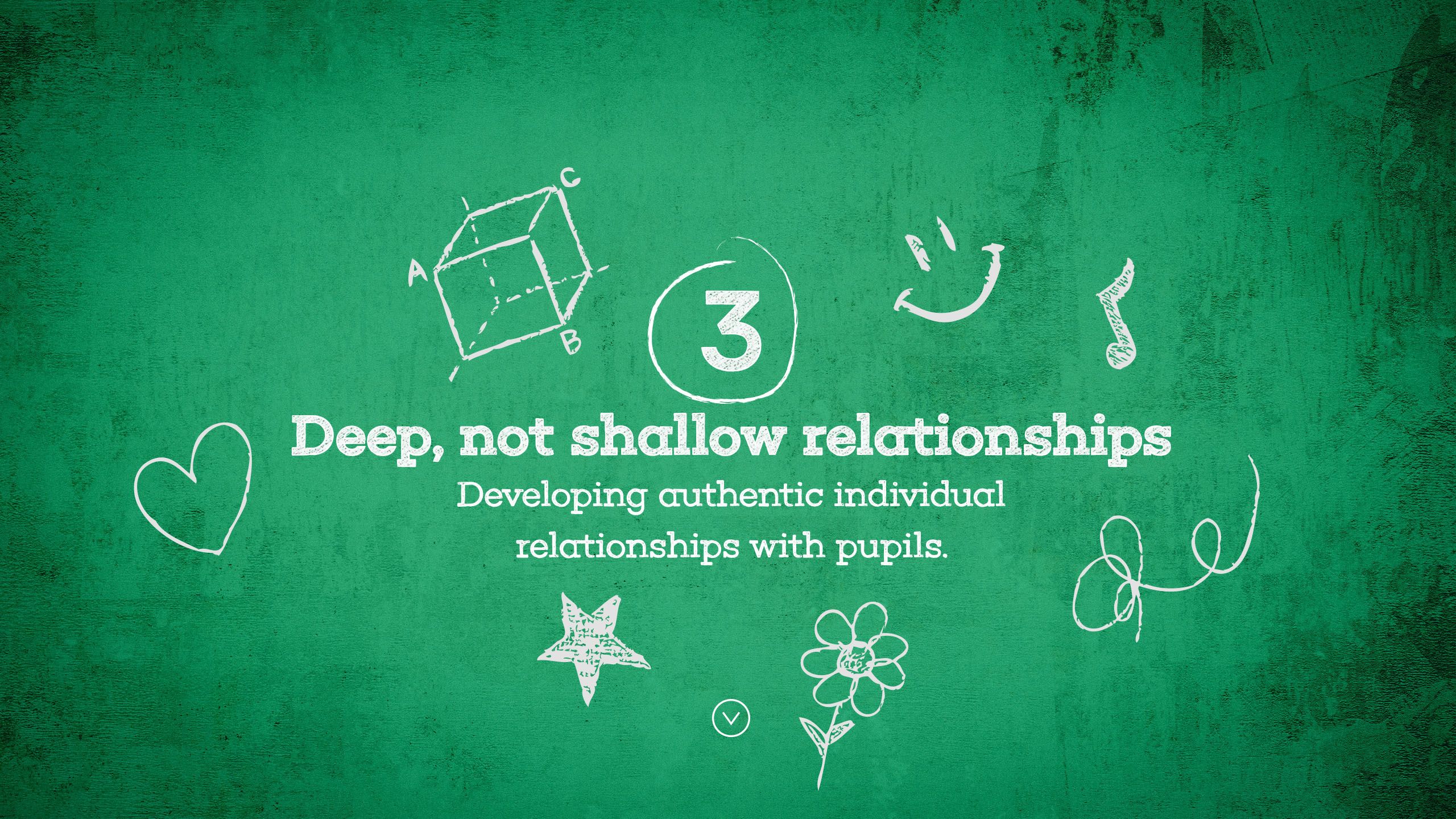
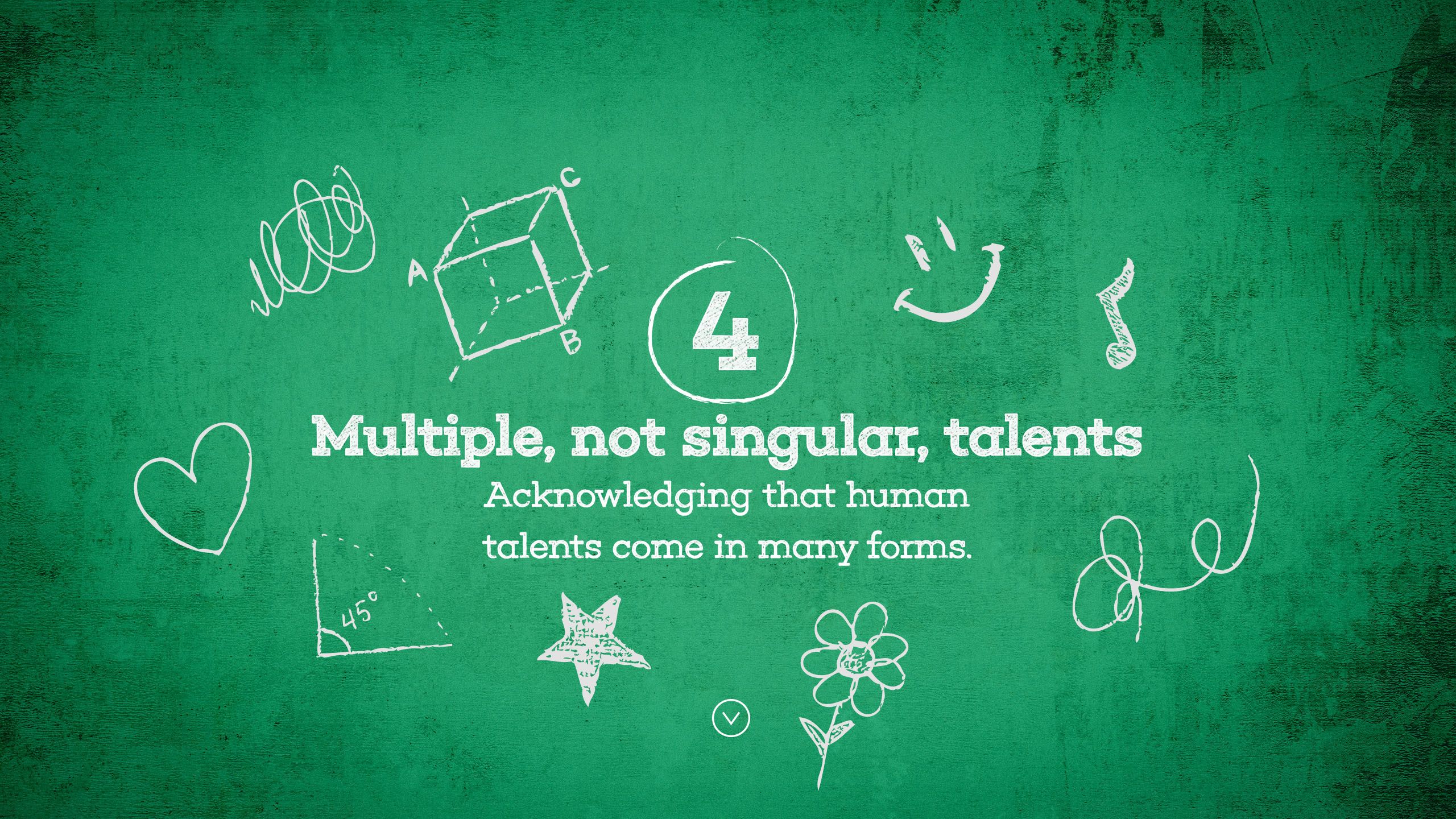
The book advocates the value of adopting an ‘equity mindset’ based on four key principles:
A former chief executive of the Sutton Trust, fellow of the Academy of Social Sciences, associate of LSE’s Centre for Economic Performance, associate member of Nuffield College at Oxford University, honorary professor at the UCL Institute of Education and a member of the Department for Education’s schools strategy and delivery advisory group, among other roles, it would be all too easy to assume Lee is simply another privileged academic floating through the realms of academe pronouncing on society’s ills.
Far from it. As Lee makes clear, he may now be moving in rarefied academic circles, but his background was very much working class and certainly not in any way privileged. As he described in an article while at the Sutton Trust, he grew up in the London suburb of Feltham, left his family home at the age of 15 after a parental break-up and dropped out of school before A levels – yet still ended up being the first member of his family to go to university.
“For most of my professional life, I’ve been engaged in thinking about disadvantage. It’s been a passion of mine,” he tells Leadership Focus.
“This book is about a journey I have been on. It is about where I am with everything. I’ve worked with schools, governments and charities over the years, and if you look at gaps facing those from under-resourced backgrounds – and the language we use here is important – they are still incredibly stark.
“This book is about trying to look at why that is still the case. Despite all our best intentions, why is that? Partly, it is driven by wider inequalities in society, so part of the book is saying, ‘Look, we as a profession, we need to push back on this flawed political ideology, which is that we’re going to have wider inequalities in society and schools are going to sort it out’. That doesn’t bear up from the evidence. Particularly on current resources, schools just don’t have the resources,” Lee says.
As Lee makes clear, the book focuses hard on language use, especially the idea of describing children as coming from ‘disadvantaged’ backgrounds. Lee passionately makes the case that saying pupils from ‘under-resourced’ backgrounds is much better and more nuanced terminology for school leaders to use here.
“When you hear the term ‘disadvantaged’ pupils, your brain, whether you want it to or not, might immediately assume the pupils are inferior in some way or that it is their fault they are disadvantaged,” Lee points out.
“It also implies a false dichotomy: that there are disadvantaged and non-disadvantaged pupils. The truth is that there is a huge spectrum of different attributes in any classroom, some of which are formed by class and others by various factors.
“Everyone is an amazing and unique mix of lots of different attributes. There are, of course, commonalities, but we do need to be careful about our language. There are lots of layers to this,” he adds.




A former chief executive of the Sutton Trust, fellow of the Academy of Social Sciences, associate of LSE’s Centre for Economic Performance, associate member of Nuffield College at Oxford University, honorary professor at the UCL Institute of Education and a member of the Department for Education’s schools strategy and delivery advisory group, among other roles, it would be all too easy to assume Lee is simply another privileged academic floating through the realms of academe pronouncing on society’s ills.

Far from it. As Lee makes clear, he may now be moving in rarefied academic circles, but his background was very much working class and certainly not in any way privileged. As he described in an article while at the Sutton Trust, he grew up in the London suburb of Feltham, left his family home at the age of 15 after a parental break-up and dropped out of school before A levels – yet still ended up being the first member of his family to go to university.
“For most of my professional life, I’ve been engaged in thinking about disadvantage. It’s been a passion of mine,” he tells Leadership Focus.

“This book is about a journey I have been on. It is about where I am with everything. I’ve worked with schools, governments and charities over the years, and if you look at gaps facing those from under-resourced backgrounds – and the language we use here is important – they are still incredibly stark.
“This book is about trying to look at why that is still the case. Despite all our best intentions, why is that? Partly, it is driven by wider inequalities in society, so part of the book is saying, ‘Look, we as a profession, we need to push back on this flawed political ideology, which is that we’re going to have wider inequalities in society and schools are going to sort it out’. That doesn’t bear up from the evidence. Particularly on current resources, schools just don’t have the resources,” Lee says.
As Lee makes clear, the book focuses hard on language use, especially the idea of describing children as coming from ‘disadvantaged’ backgrounds. Lee passionately makes the case that saying pupils from ‘under-resourced’ backgrounds is much better and more nuanced terminology for school leaders to use here.
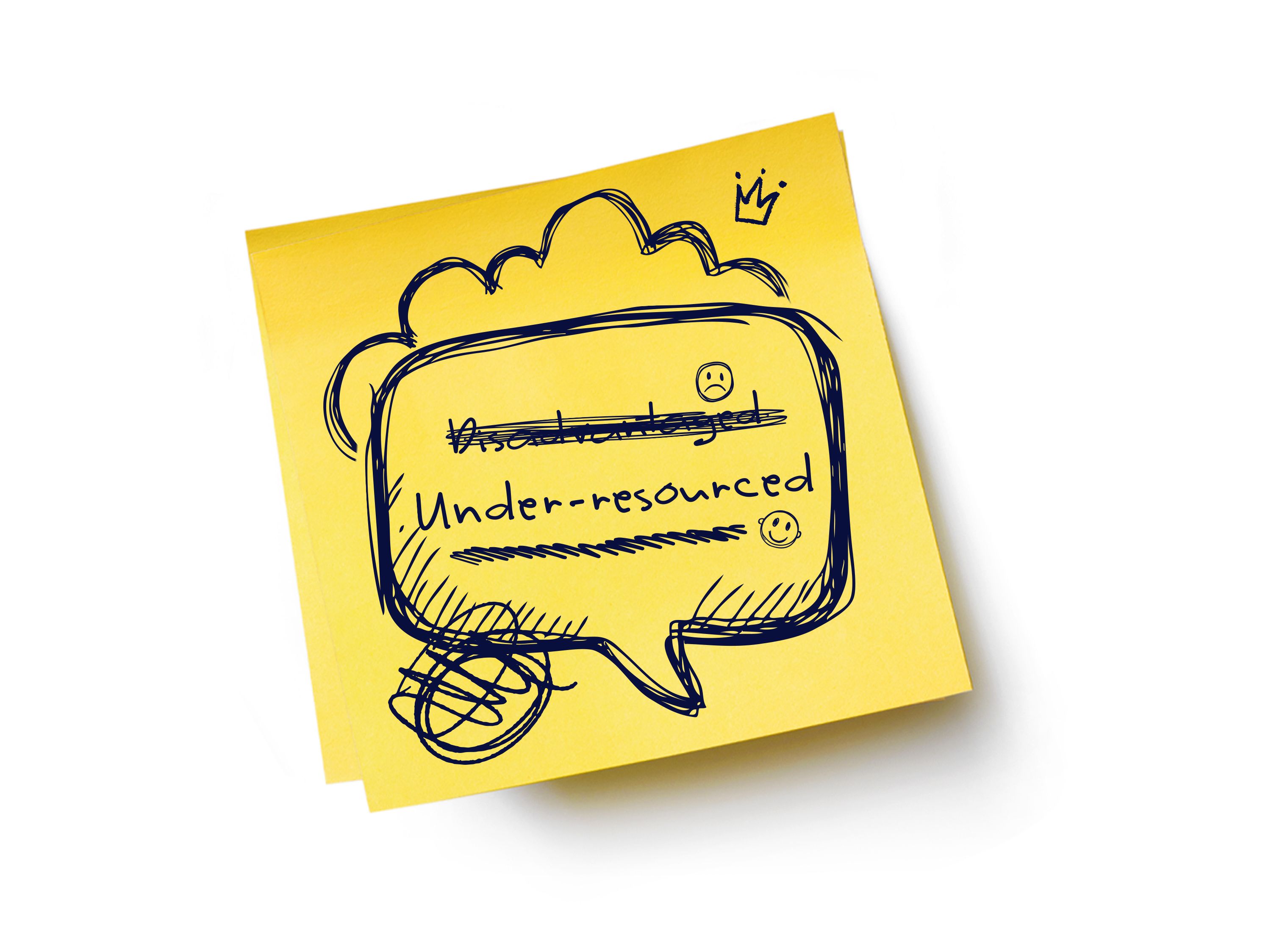
“When you hear the term ‘disadvantaged’ pupils, your brain, whether you want it to or not, might immediately assume the pupils are inferior in some way or that it is their fault they are disadvantaged,” Lee points out.
“It also implies a false dichotomy: that there are disadvantaged and non-disadvantaged pupils. The truth is that there is a huge spectrum of different attributes in any classroom, some of which are formed by class and others by various factors.
“Everyone is an amazing and unique mix of lots of different attributes. There are, of course, commonalities, but we do need to be careful about our language. There are lots of layers to this,” he adds.

Lee highlights how in schools, especially with all the other pressures playing out throughout a busy school day, it can be all too easy to slip into superficial two-dimensional thinking.
He cites examples of schools that, in internal reviews, have been referring to pupils as ‘PP’ (pupil premium), ‘DS’ (disadvantaged students) or ‘FSM’ (free school meals). Of course, this will normally be done for speed and is not meant to be ill-intentioned, but it can end up simply reinforcing biases (conscious or unconscious) or divides within pupil populations.
Ultimately, the book makes the case that teachers and school leaders can make a real difference in their pupils’ aspirations, achievements and learning by changing the language they use, how they communicate, how they think and their mindset.
“For example, do you want a consistent language in your school? Do your lessons really embrace the different cultures you are serving? Are you interacting with those pupils you say you most want to help? What is the feedback and language you’re using? Do your teachers talk about their backgrounds? Some teachers have amazing backgrounds, but sometimes it is somewhat of a taboo subject,” Lee points out.
“If you’re from a middle-class background, you’re much more likely to flourish in the middle-class cultures of schools and universities. So, we need to be very aware, and not judgemental, of those differences.
“I think it is about just asking yourself in everything you do, ‘What does this question mean for equity?’ In everything a school leader does, usually there is a dimension of equity.”
In his talks with school leaders, Lee also explores how to nurture more authentic, mutually respectful relationships with parents and carers, particularly those who feel intimidated by schools because of their classroom experiences.
“So, it is about constantly questioning our judgements and unconscious biases. Challenging your staff to reflect on some of the biases and barriers that we know children from working-class backgrounds face. It is, really, just about having that equity question at the front of your head in everything you do,” Lee adds in conclusion.
His eventual hope is to develop an equity module for all teachers and help reform some national policies, including school inspections, to be more explicit about disadvantages.
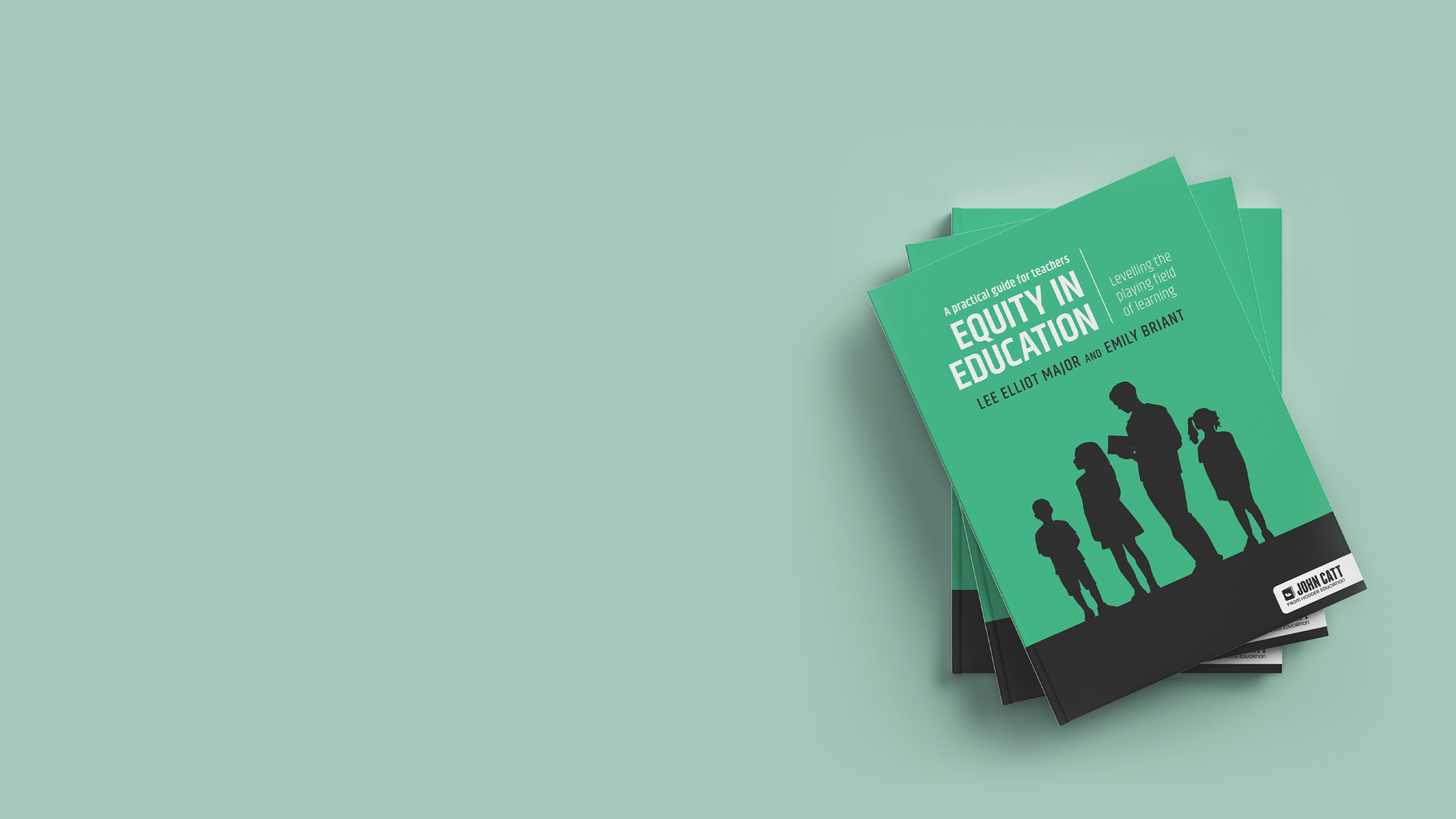
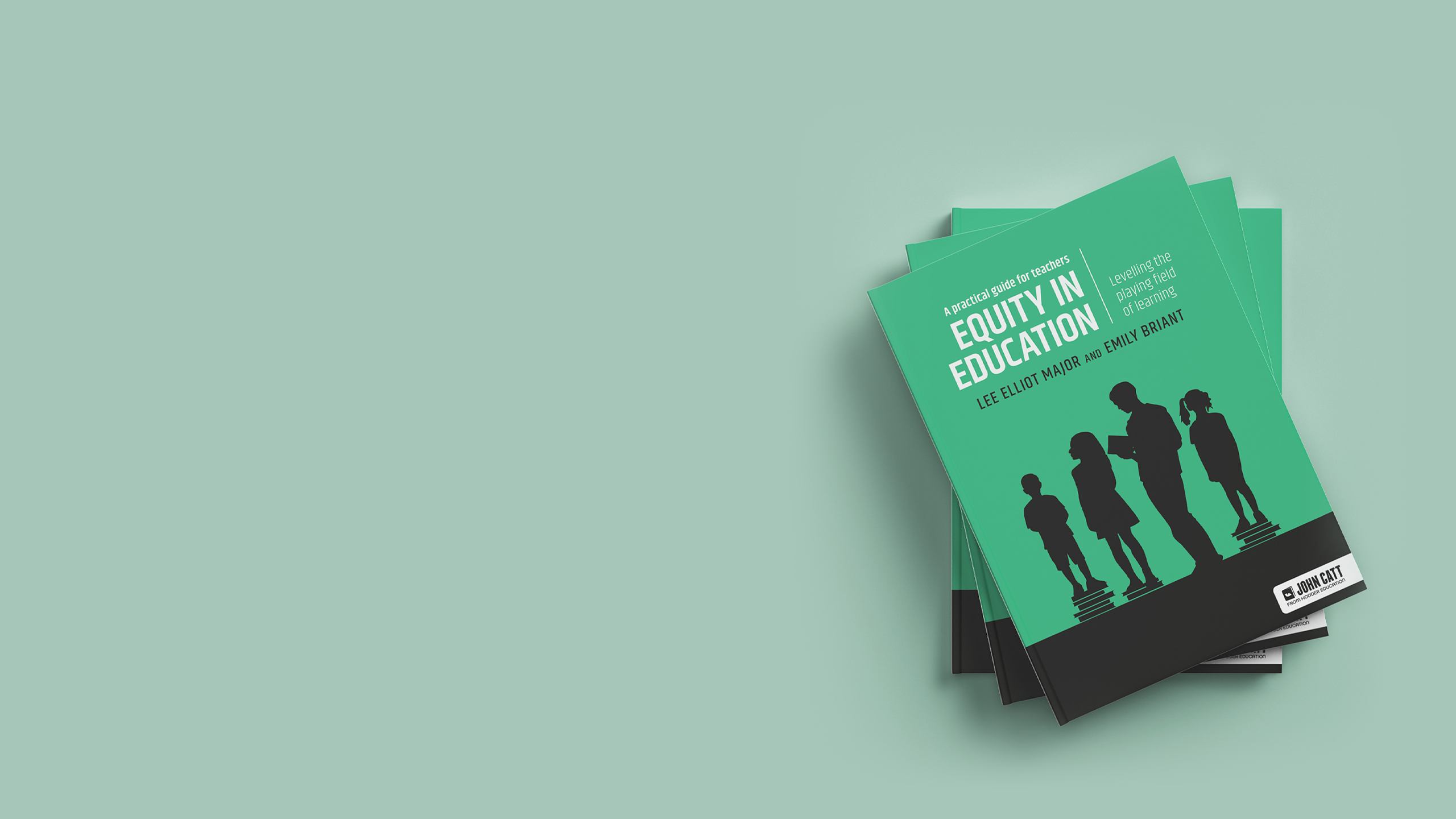
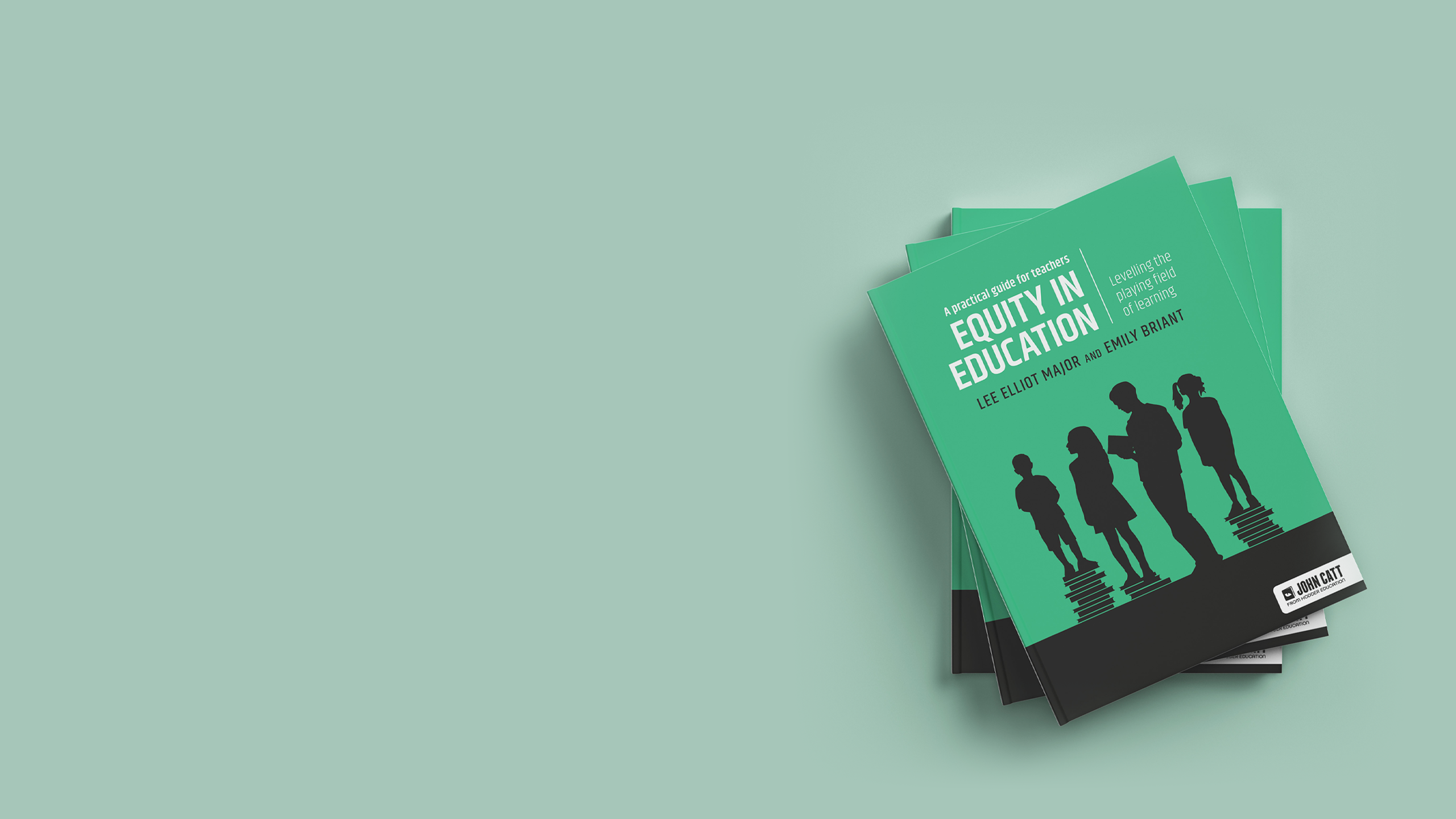
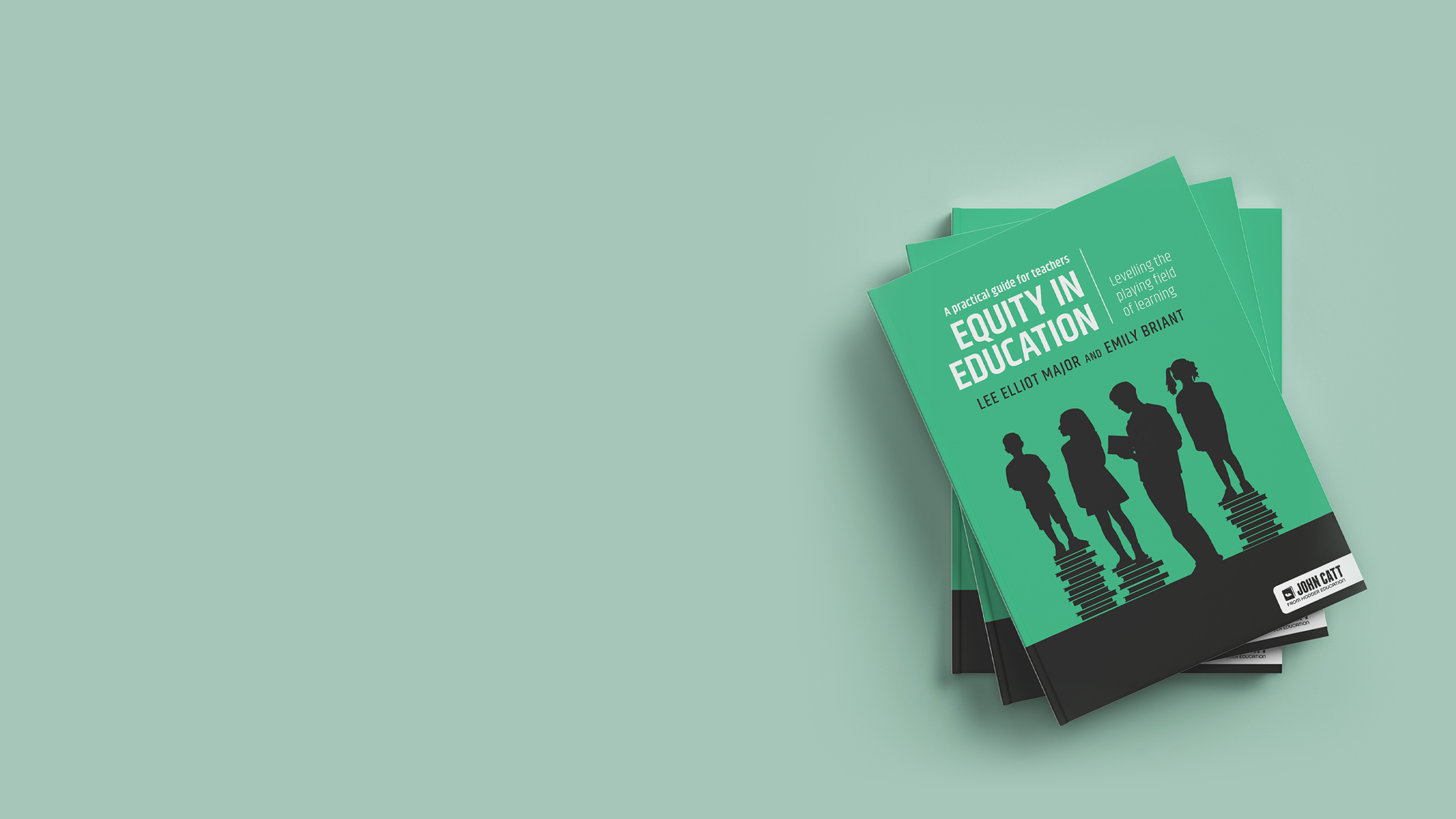
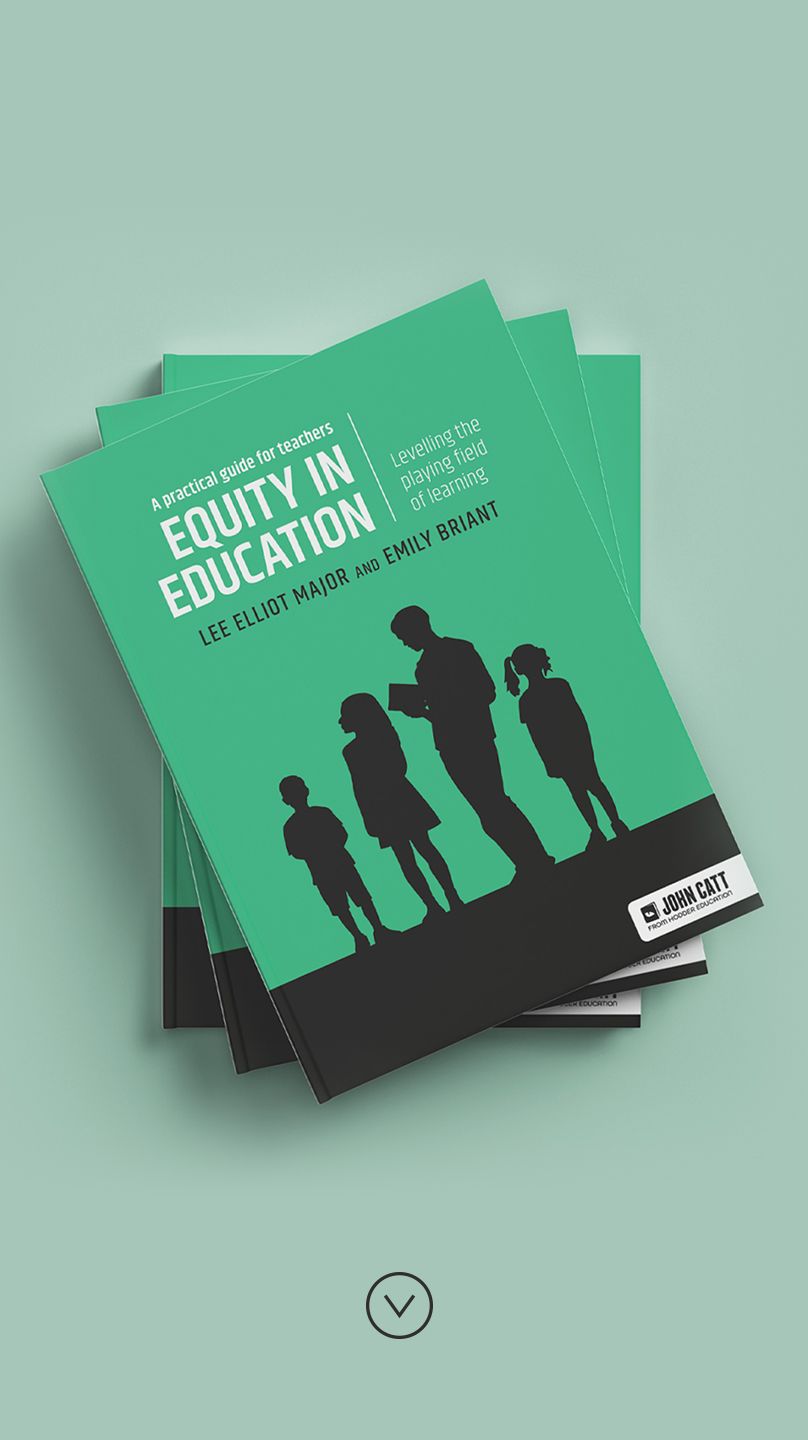
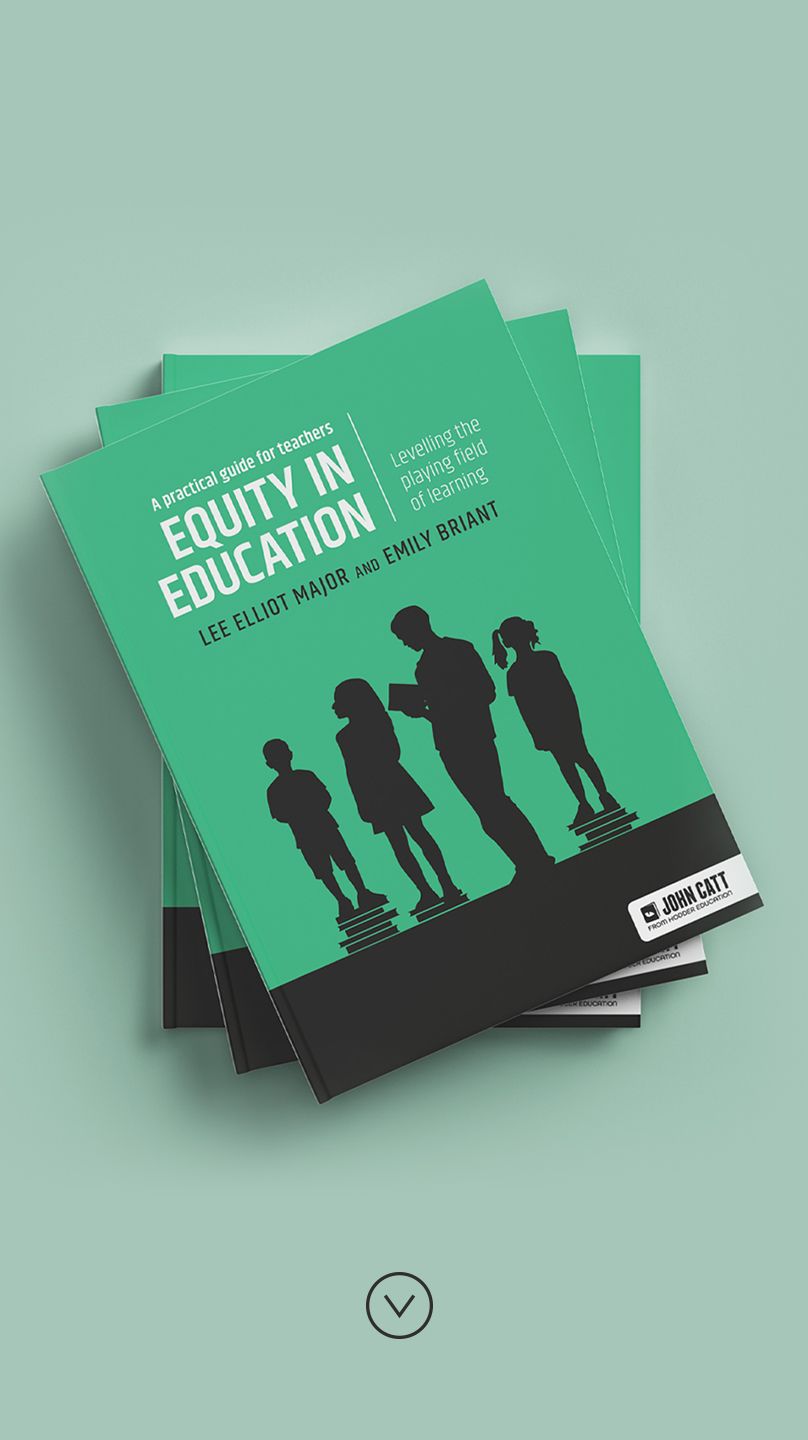
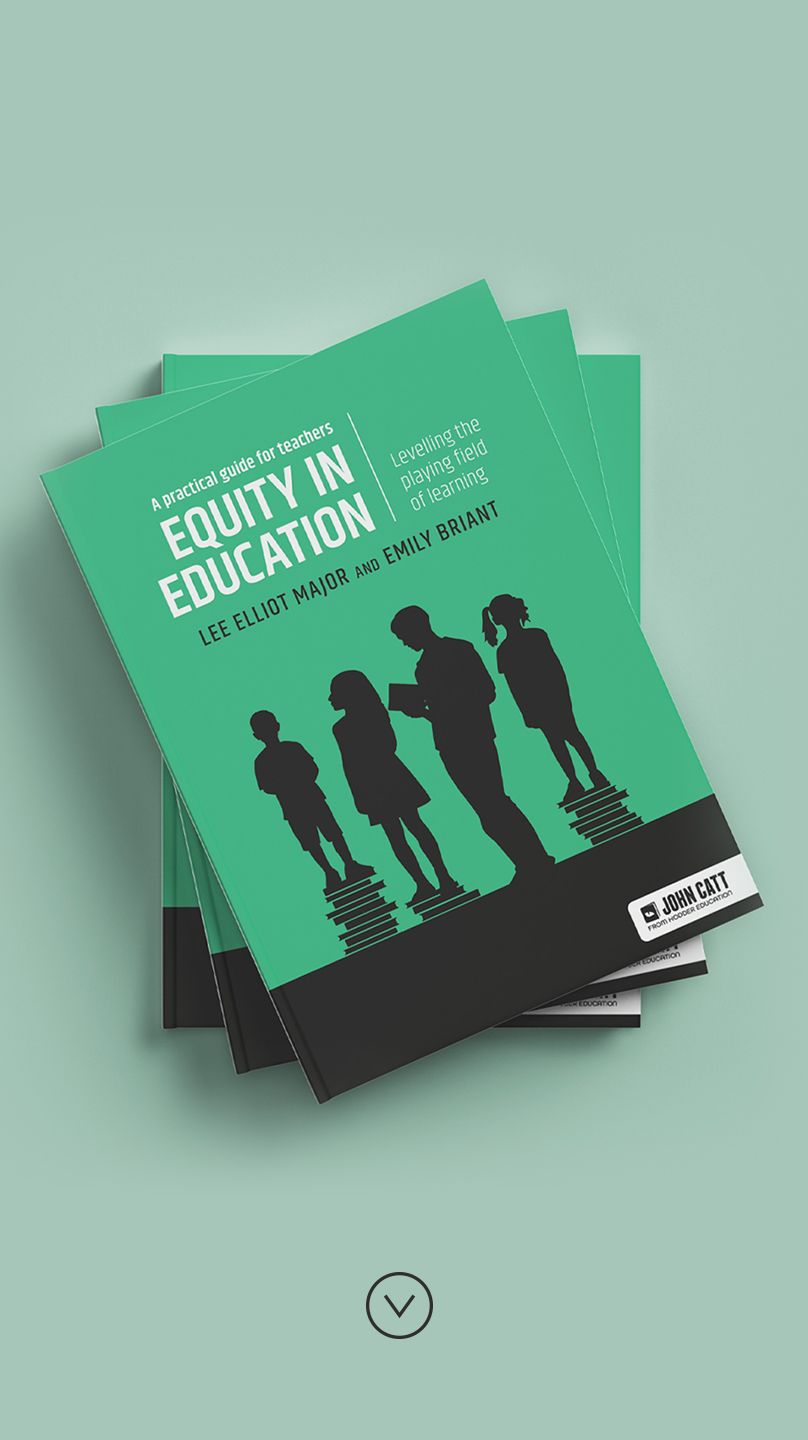
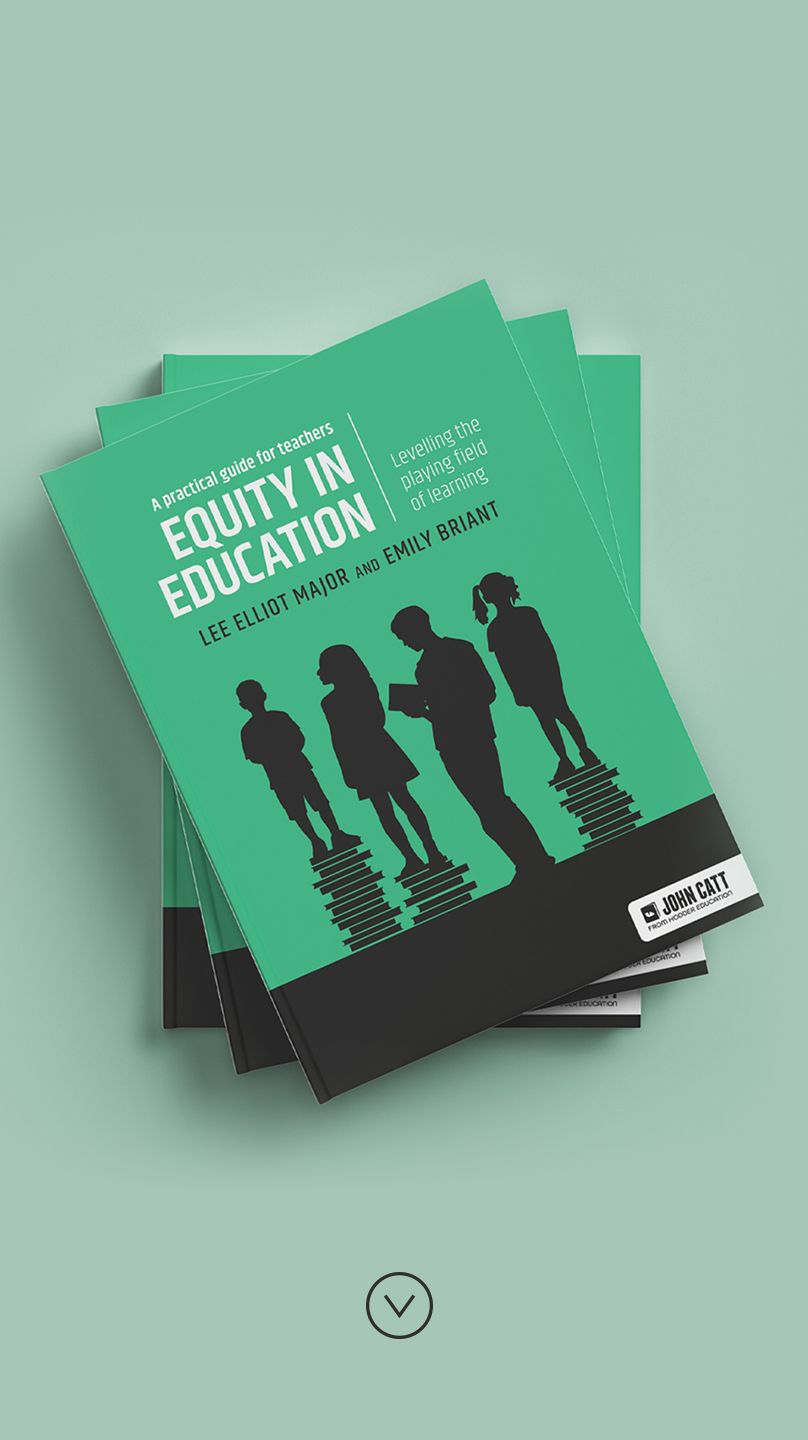
Lee highlights how in schools, especially with all the other pressures playing out throughout a busy school day, it can be all too easy to slip into superficial two-dimensional thinking.
He cites examples of schools that, in internal reviews, have been referring to pupils as ‘PP’ (pupil premium), ‘DS’ (disadvantaged students) or ‘FSM’ (free school meals). Of course, this will normally be done for speed and is not meant to be ill-intentioned, but it can end up simply reinforcing biases (conscious or unconscious) or divides within pupil populations.
Ultimately, the book makes the case that teachers and school leaders can make a real difference in their pupils’ aspirations, achievements and learning by changing the language they use, how they communicate, how they think and their mindset.
“For example, do you want a consistent language in your school? Do your lessons really embrace the different cultures you are serving? Are you interacting with those pupils you say you most want to help? What is the feedback and language you’re using? Do your teachers talk about their backgrounds? Some teachers have amazing backgrounds, but sometimes it is somewhat of a taboo subject,” Lee points out.
“If you’re from a middle-class background, you’re much more likely to flourish in the middle-class cultures of schools and universities. So, we need to be very aware, and not judgemental, of those differences.
“I think it is about just asking yourself in everything you do, ‘What does this question mean for equity?’ In everything a school leader does, usually there is a dimension of equity.”
In his talks with school leaders, Lee also explores how to nurture more authentic, mutually respectful relationships with parents and carers, particularly those who feel intimidated by schools because of their classroom experiences.
“So, it is about constantly questioning our judgements and unconscious biases. Challenging your staff to reflect on some of the biases and barriers that we know children from working-class backgrounds face. It is, really, just about having that equity question at the front of your head in everything you do,” Lee adds in conclusion.
His eventual hope is to develop an equity module for all teachers and help reform some national policies, including school inspections, to be more explicit about disadvantages.
TAKE A LOOK
‘Equity in education: levelling the playing field of learning – a practical guide for teachers’, by professor Lee Elliot Major and Emily Briant, is published by John Catt and available from physical and online bookshops.

